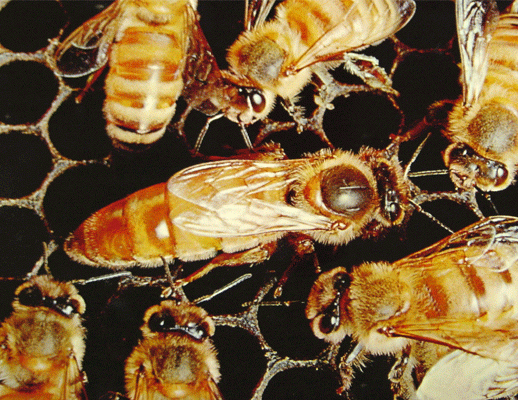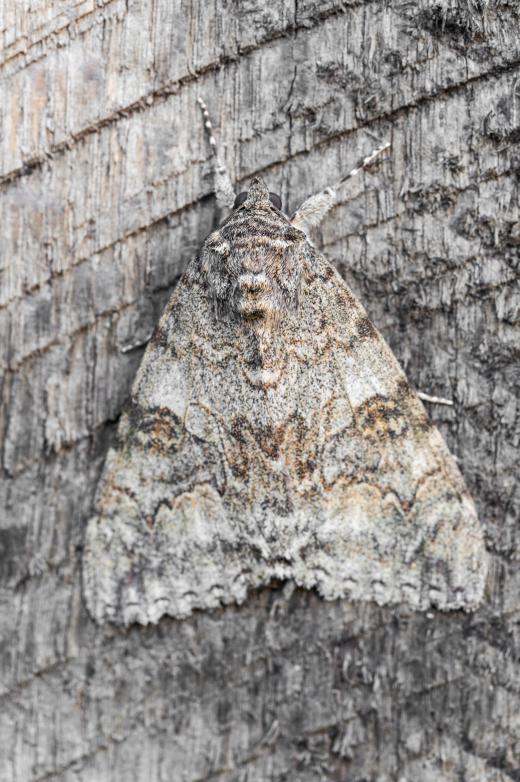What are Insects?
 Michael Anissimov
Michael Anissimov
Insects are a large group of arthropods (segmented animals) that make up the more than half of animal biodiversity on Earth. Over a million species have been described, with recent estimates of the total number of species ranging up to 10 million. Only about a million non-insect animal species have been described. Common insect species include the dragonfly, praying mantis, grasshopper, butterfly, moth, fly, true bugs, beetles, bees, wasps, and ants. Insects have been around since at least the Devonian Period, about 400 million years ago, when the first vascular plants appeared on land. Insects are primary terrestrial – their close relatives, crustaceans, are better adapted to the seas.
Like other arthropods, insects have hard exoskeletons which protect them from attackers and desiccation. They tend to be small, less than a couple centimeters in size, ranging all the way down to 0.139 mm (0.00547 in, fairyfly) and 55.5 cm (21.9 in, stick insect). The largest known insect to have ever lived is Meganeura monyi, a prehistoric dragonfly relative with a wingspan of more than 75 cm (2.5 feet).

Insects have three main body sections; a head, thorax, and abdomen. The head features compound eyes, sensory antennae, and modified appendages which serve as mouthparts. The abdomen contains most of the organs. Insects lack both lungs and a closed circulatory system. Oxygen exchange is accomplished through trachea and direct diffusion with the outside. Insect “blood” is called hemolyph. Hemolyph distributes oxygen to organs simply by washing over them, rather than using blood vessels, as in mammals.

Insects have a variety of diets. Most are scavengers, consuming dead plant and animal material or dung. Others, like bees, survive off nectar from flowers. Some are insectivores, eating other insects. Yet others are parasites, some even capable of burrowing into the brains of other insects and controlling their movements. Some insects possess toxins they can deliver to prey through a stinger or even surface contact.

Most insect species rarely interact unless mating or competing for mates. Some, however, are notably social, such as wasps, bees, and ants, all of which build nests or burrows. These species have “queen” variants capable of reproduction, while the others serve as “workers,” defending the nest and gathering food.
AS FEATURED ON:
AS FEATURED ON:













Discussion Comments
Insects are so varied it's incredible. It is also kind of exciting to think that a person might still discover an unknown insect species.
There are a few that have been given strange "Latin" names in recent times because the person who discovers the insect gets to name it. I can think of one case where a beetle was given the name of a politician as a political statement.
But I would be quite happy to have my name on an insect, even if it was meant to be an insult!
Post your comments